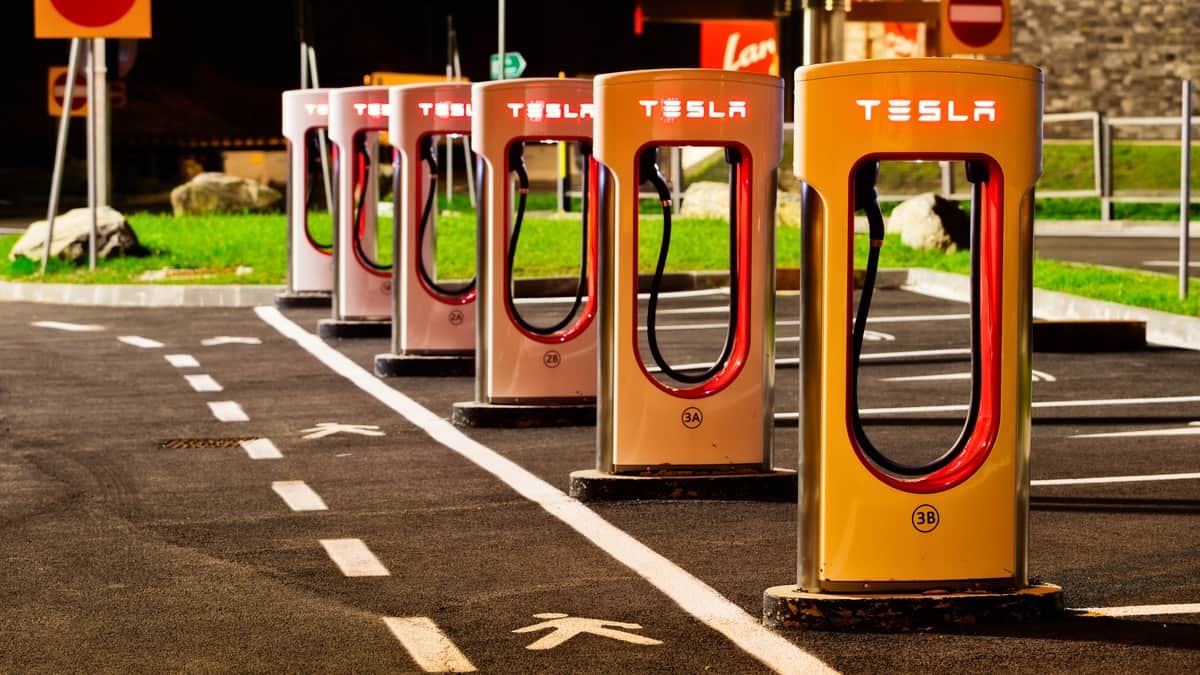Leading electric automaker Tesla continues to fight off anti-electric vehicle narratives amid the technology’s growing prevalence, particularly about charging process and range.
Tesla debunks common EV charging belief
Some of the most common beliefs against electric vehicles include the notion that EV batteries take several hours to reach full charge, leaving owners waiting a long time for the charging process to end.
In response, Tesla recently posted a brief guideline on “how to charge your Tesla” on social media platform X. In the post, Tesla reiterates the convenience of EV charging for both home and long trips.
Charging at home
Charging a Tesla car turns out to be way simpler than most people expected. For instance, using a Wall Connector or Mobile Connector for home charging only requires owners to simply plug in their EVs once they park in their garage.
That said, battery-powered EVs like Teslas are just like smartphones, which support convenient charging even without the presence of their owners after plugging in.
In fact, using the Wall Connector or Mobile Connector enables Tesla owners to relax while their driving range replenishes usually to a 100% state of charge (SoC) per day.
During long trips
Likewise, charging with Tesla Superchargers during long trips is simple. Owners must only go to the nearest Supercharger stations, which are highly prevalent, with 55,000 units across the world.
Tesla also equipped its in-car navigation system with the exact locations of charging stops. More impressively, Tesla cars can preheat their batteries for faster charging speeds to avoid early degradation.
Charging Tesla EVs is undoubtedly convenient, unlike most people believe. The charging process allows owners to leave the car while it charges and notifies them once the process ends. Moreover, Tesla owners can simply use their Tesla account to pay at Supercharging stations, eliminating the need for physical cards or extra apps.
All this information is important for current and future electric vehicle owners to know regardless of brand, considering that most major players in North America have already committed to adopting NACS. OEMs like Ford, General Motors, and Rivian, among others, are the first to announce a partnership with Tesla as they seek to gain access to its enormous Supercharging network.

